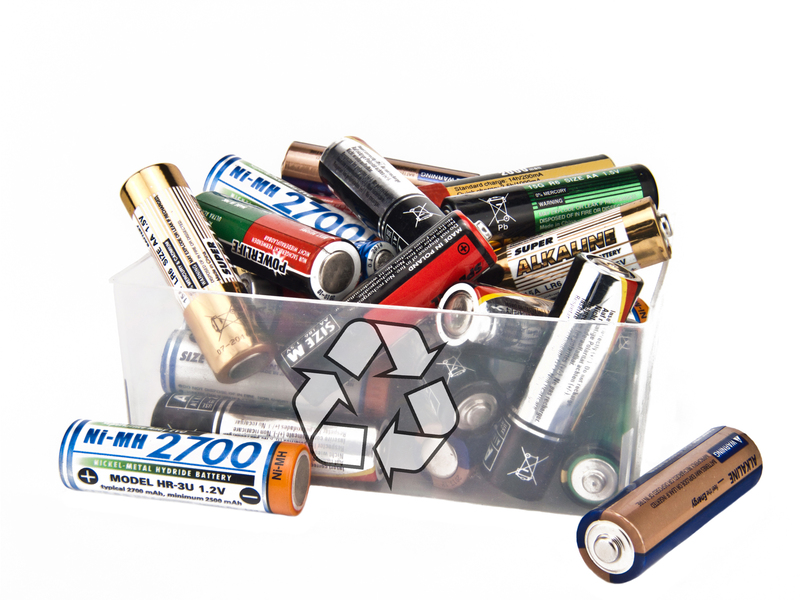Unlocking the Mysteries: Glass Recycling Quick Facts
In our quest for a sustainable future, glass recycling stands as a beacon of hope. This process, both intriguing and essential, plays a vital role in reducing environmental footprints and conserving natural resources. In this comprehensive guide, we will delve into the fascinating world of glass recycling, uncovering quick facts and insights that highlight its importance.
The Basics of Glass Recycling
Glass recycling involves converting waste glass into usable products. The process is straightforward yet effective, ensuring that valuable materials are not lost to landfills. Leaf through these key points to understand the basics of glass recycling:
- Origin: Glass recycling began in the 1970s as environmental awareness surged.
- Process: It involves collection, sorting, cleaning, and re-melting.
- End Products: Recycled glass is used in various industries, including construction and packaging.
Understanding the Glass Recycling Process
The journey of recycling glass begins at the collection stage. Individuals and businesses deposit glass products into recycling bins, setting the stage for a transformative process:
- Sorting: Collected glass is sorted based on color--clear, green, and brown--as different colors have different reuse applications.
- Cleaning: The glass is cleaned to remove impurities, ensuring that the recycled material is of high quality.
- Processing: The cleaned glass is crushed into cullet (small particles), melted, and shaped into new products.
- Manufacturing: Melted glass can be reshaped into bottles, jars, or other glass items, closing the loop in the circular economy.

Environmental Benefits of Glass Recycling
Glass recycling offers numerous environmental benefits, making it a pivotal practice in resource conservation:
- Energy Conservation: Recycling glass saves energy as it requires less energy to melt and reshape old glass compared to producing new glass from raw materials.
- Reduction of Landfill Waste: Glass that is recycled does not end up in landfills, preserving valuable space and reducing potential ecological impact.
- Resource Conservation: Recycled glass diminishes the demand for raw materials such as sand, limestone, and soda ash.
The Economic Impact of Glass Recycling
The economics of recycled glass are equally compelling. Recycling glass not only benefits the environment but also offers various economic advantages:
- Job Creation: The recycling industry generates employment opportunities in collection, processing, and manufacturing sectors.
- Cost Savings: Reduced energy requirements and raw material usage result in cost savings for manufacturers.
- Revenue Generation: Selling recyclable materials, like glass, contributes to local economies.

Common Misconceptions About Glass Recycling
Despite its benefits, there are several misconceptions surrounding glass recycling. It's crucial to address these myths to maximize recycling efforts:
- Myth 1: All Glass is Recyclable - Not all glass is recyclable. Items like drinking glasses, windows, or ceramics can't be combined with container glass in recycling processes.
- Myth 2: Broken Glass is Useless - In fact, broken container glass is ideal for recycling, as it can be melted into new products.
- Myth 3: Glass Recycling Costs More than It's Worth - While initial setup requires investment, the long-term savings and environmental benefits far exceed the costs.
Quick Facts about Glass Recycling You Didn't Know
Exploring glass recycling unveils a world of intriguing facts:
- Versatile Reuse: Recycled glass can be used as an aggregate in construction projects or transformed into sandblasting material.
- Modern Initiatives: Many cities incorporate recycling laws to ensure glass is reused effectively and efficiently.
- Endless Life Cycle: Unlike some materials, glass can be recycled indefinitely without loss of quality or purity.
How You Can Support Glass Recycling Efforts
Your participation is crucial in enhancing glass recycling initiatives. Here are ways to contribute:
- Educate: Share facts about glass recycling with your community to boost awareness.
- Participate: Make use of designated recycling bins in your locality.
- Advocate: Encourage local policies and programs that promote glass recycling.
The Future of Glass Recycling: Innovations and Developments
Innovation is the engine that drives the efficiency of glass recycling:
- Advanced Sorting: New technologies continuously improve sorting processes, ensuring higher purity levels of recycled glass.
- Green Manufacturing: Cutting-edge sustainable methods are being developed to reduce the carbon footprint of glass production.
- Increased Accessibility: More locations worldwide are enhancing accessibility to recycling facilities.
In conclusion, unlocking the mysteries of glass recycling reveals a practice not only vital to environmental sustainability but also integral to economic growth and resource conservation. By staying informed and proactive, you can contribute to a cleaner, greener planet, ensuring a brighter future for generations to come.